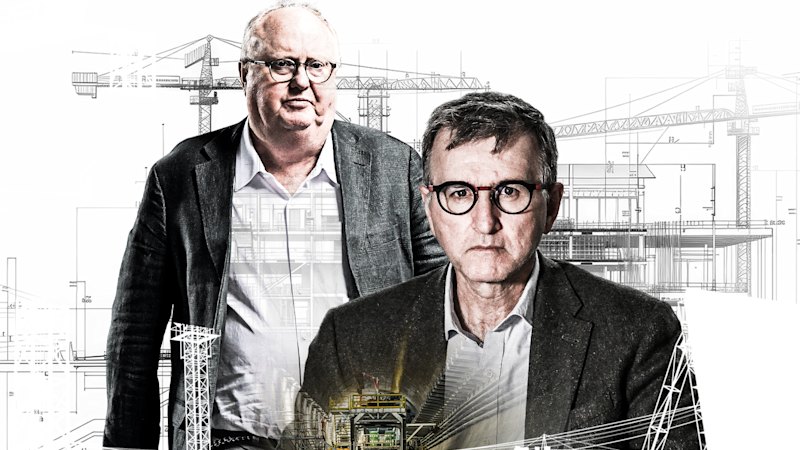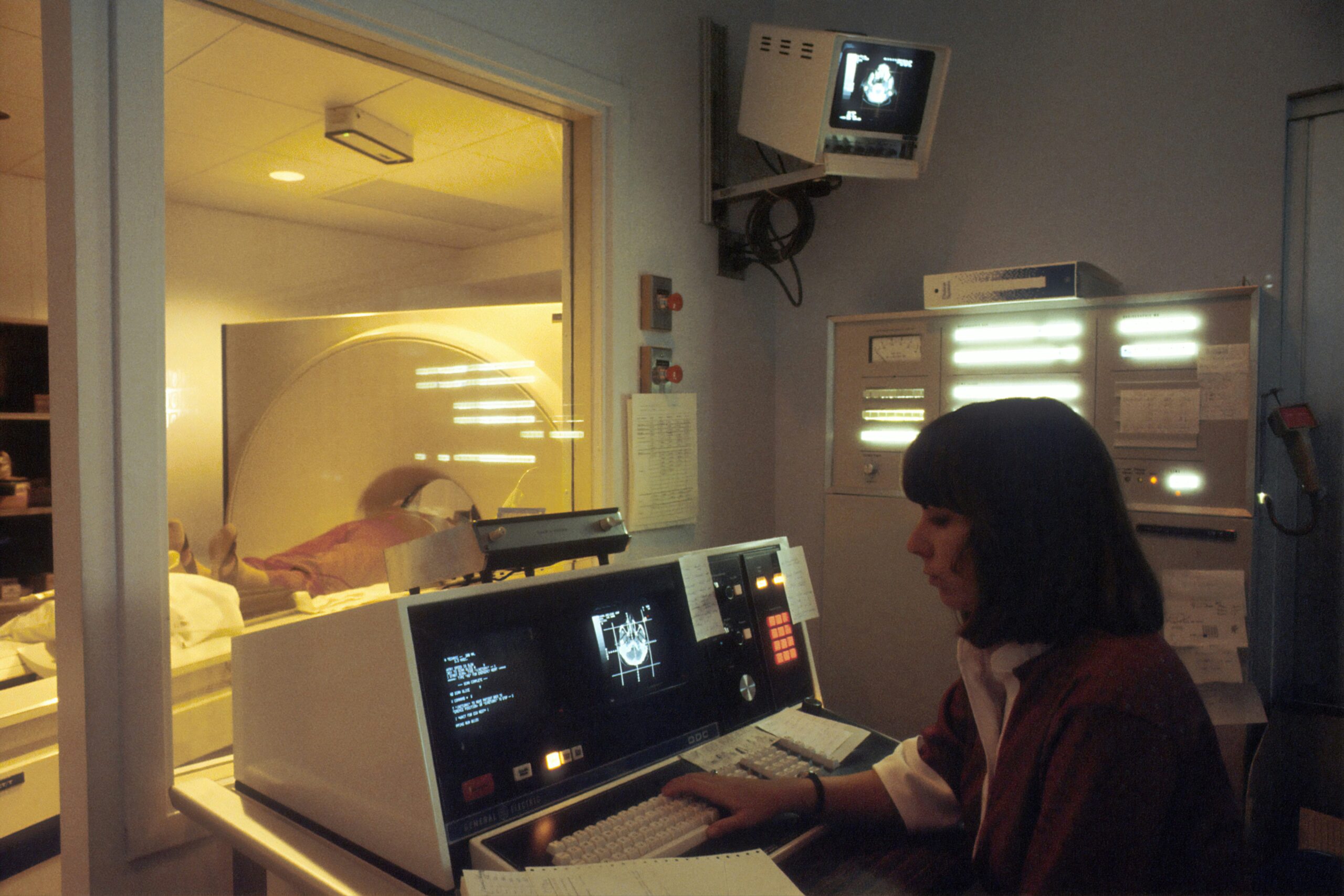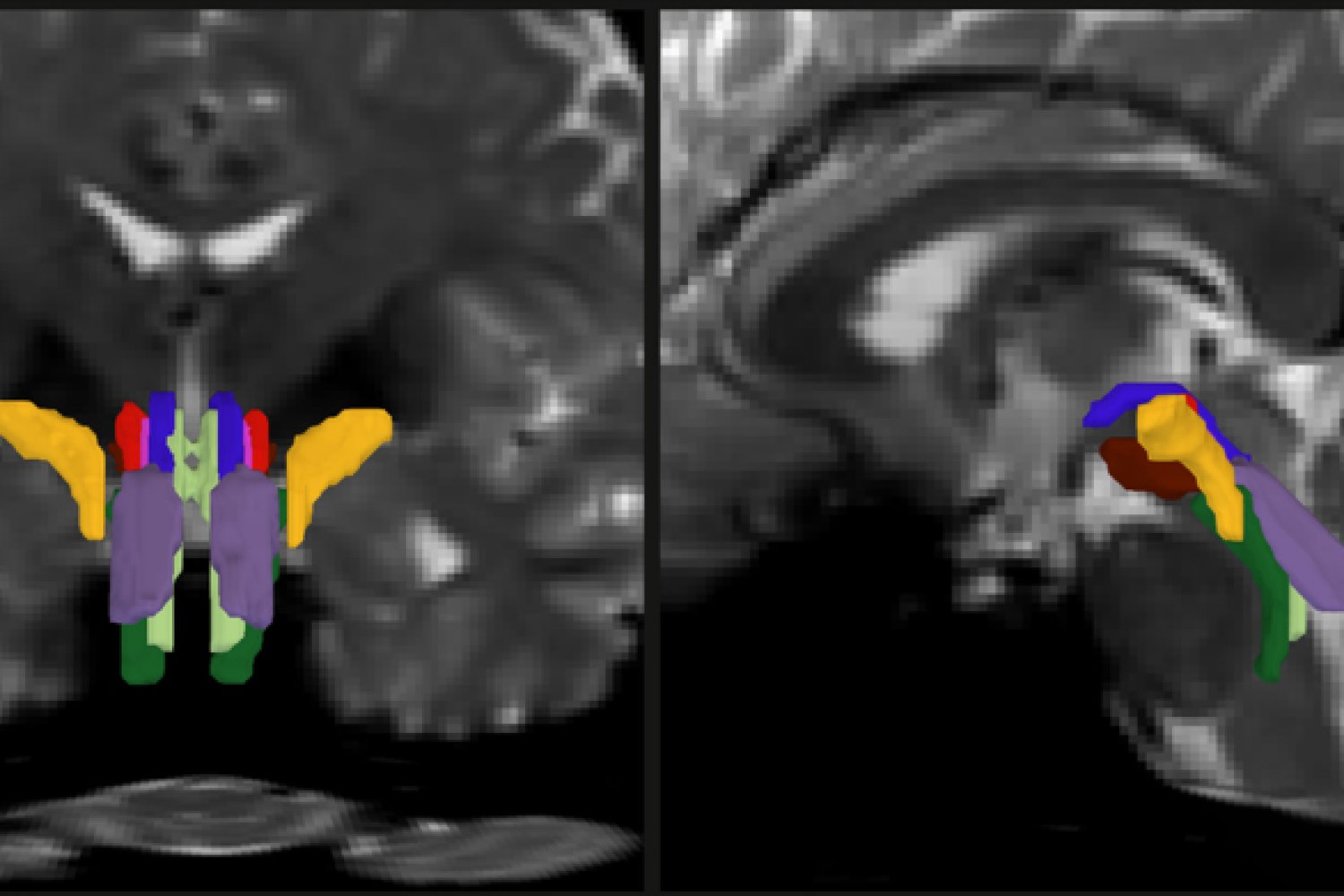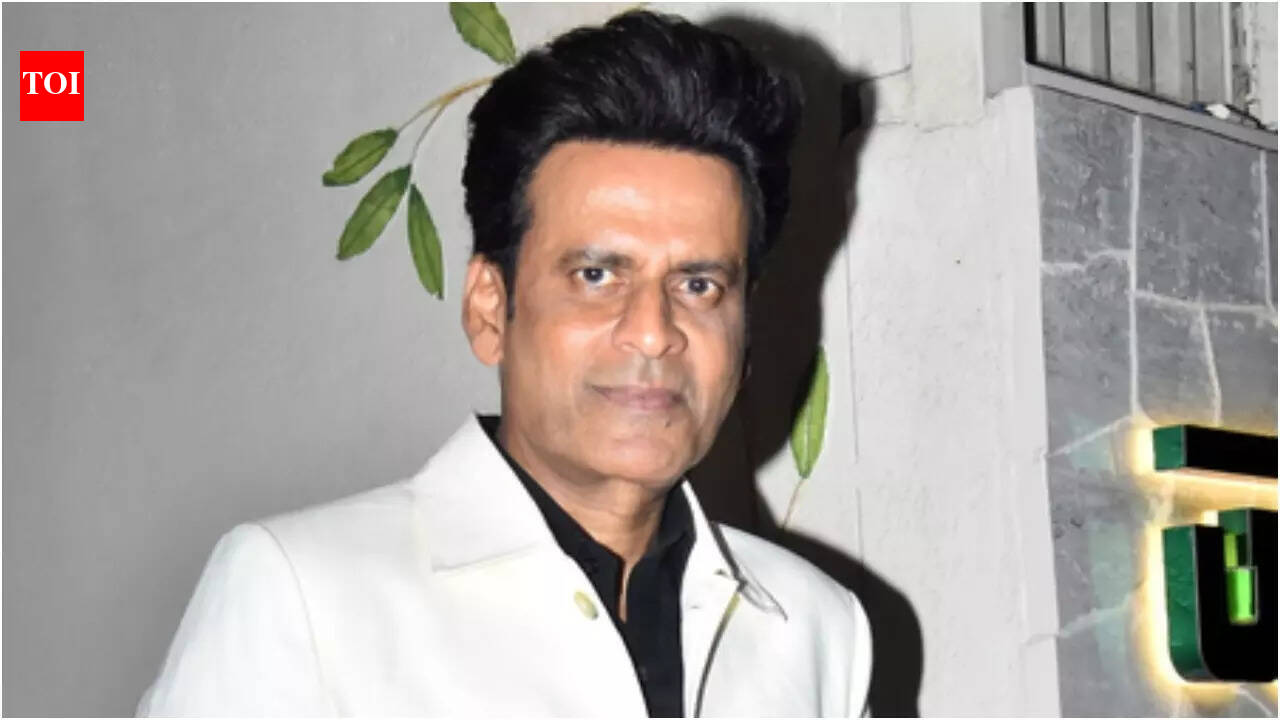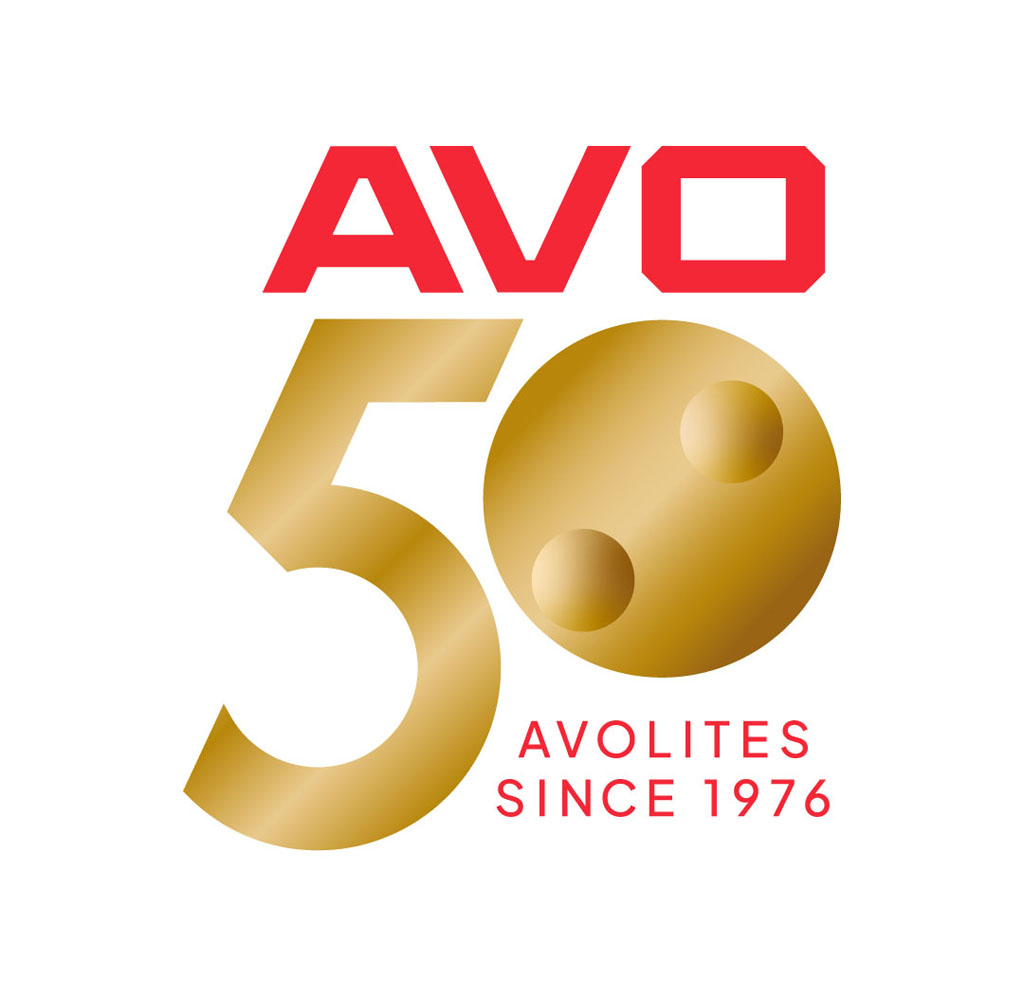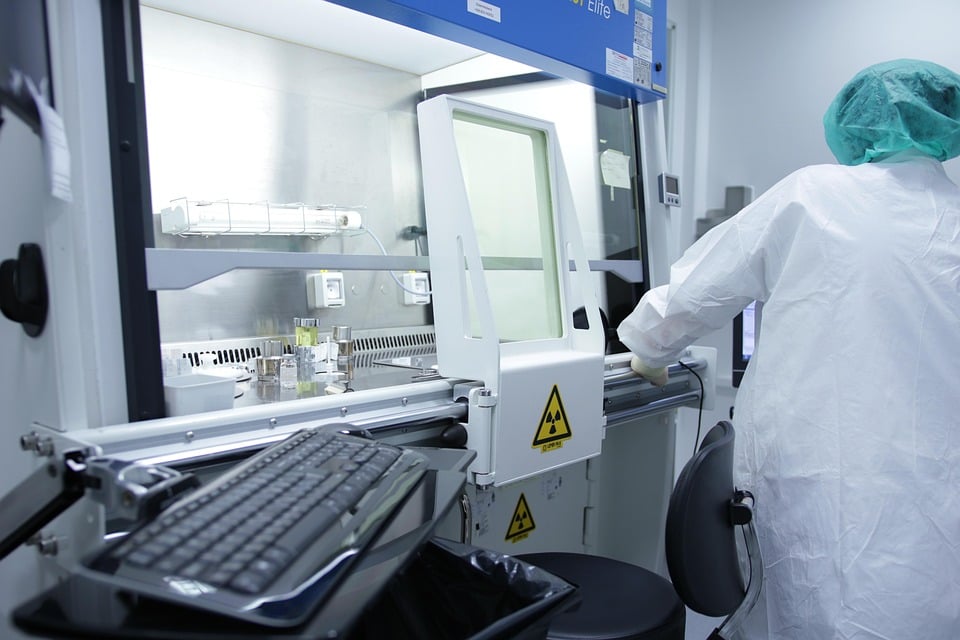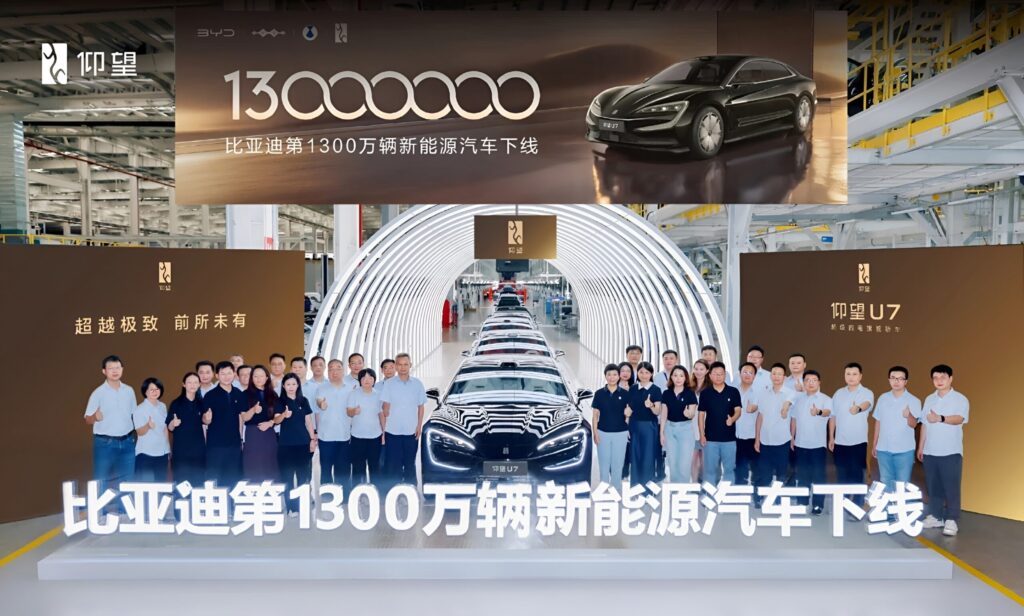
BYD has announced a significant milestone in its journey towards sustainable transportation, with its 13 millionth new energy vehicle (NEV) officially rolling off the production line. The landmark vehicle is the Yangwang U7, a high-performance sedan from BYD’s premium sub-brand, Yangwang. This achievement comes just eight months after the company celebrated its 10 millionth NEV milestone with the Denza Z9 GT in November 2024.
The Yangwang U7 represents a leap forward in automotive technology, offering both battery-electric and plug-in hybrid variants. The electric version boasts impressive dimensions, measuring 5,265 mm in length, 1,998 mm in width, and 1,517 mm in height, with a wheelbase of 3,160 mm. It is powered by four electric motors, producing a combined output of 960 kW (1,287 hp), enabling acceleration from 0 to 100 km/h in just 2.9 seconds and reaching a top speed of 270 km/h. A robust 135.5 kWh battery provides a CLTC-rated range of up to 720 km.
Innovative Features and Design
The plug-in hybrid version of the U7 is slightly longer, measuring 5,360 mm, and features the same electric motor configuration, augmented by a 2.0-litre turbocharged engine rated at 200 kW (268 hp). This version includes a 52.4 kWh battery and a 60-litre fuel tank, offering an all-electric range of 200 km and a total mixed range exceeding 1,000 km.
One of the standout features of the U7 is its fully digital chassis control system, which integrates BYD’s Disus-Z active suspension and YiSiFang four-motor independent drive system. The suspension system employs electromagnetic actuators instead of traditional hydraulic dampers, and the rear wheels can turn up to 20 degrees, reducing the turning radius to just 4.85 meters.
The vehicle’s aerodynamic efficiency is underscored by a drag coefficient as low as 0.195 Cd, aided by a coupe-style roofline, retractable door handles, aerodynamic wheels, and an active rear spoiler.
Advanced Interior and Technology
Inside the Yangwang U7, the focus on technology and luxury is evident. The interior features a symmetrical design centered around a 12.8-inch OLED touchscreen and a 23.6-inch 4K naked-eye 3D instrument panel. The front passenger is also treated to a separate 23.6-inch screen. A sophisticated voice assistant supports lip-reading and dialect recognition, boasting a response delay of under 300 milliseconds.
The U7 is available in four-seat and five-seat configurations. The flagship four-seat version includes rear-seat entertainment screens, dual refrigerators, and Nappa leather seats with ventilation, heating, and massage functions. Both configurations are equipped with a Dynaudio Platinum sound system, ensuring a premium audio experience.
Market Position and Pricing
In the competitive Chinese market, the Yangwang U7 positions itself as a luxury offering. The five-seat luxury version is priced at 628,000 yuan (approximately 87,500 USD), while the more exclusive four-seat flagship version is priced at 708,000 yuan (roughly 98,500 USD).
“The Yangwang U7 is a testament to BYD’s commitment to innovation and excellence in the NEV sector,” said a company spokesperson. “This milestone not only highlights our rapid growth but also our dedication to providing cutting-edge technology and luxury to our customers.”
Looking Forward
This development follows a broader trend in the automotive industry, where manufacturers are increasingly focusing on electric and hybrid vehicles to meet growing environmental concerns and regulatory demands. BYD’s rapid progression from 10 million to 13 million NEVs in under a year underscores the accelerating pace of this transition.
Industry experts suggest that as consumer demand for sustainable vehicles continues to rise, companies like BYD will play a crucial role in shaping the future of transportation. The Yangwang U7, with its blend of performance, luxury, and technology, is poised to be a significant player in this evolving landscape.
As BYD continues to expand its portfolio and market reach, the company is likely to introduce more innovative models, further solidifying its position as a leader in the NEV industry. The success of the Yangwang U7 could serve as a catalyst for future developments, potentially influencing design and technology trends across the sector.
